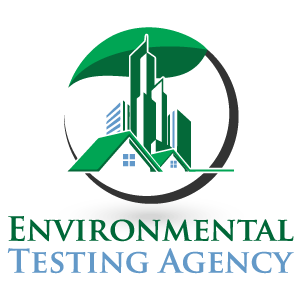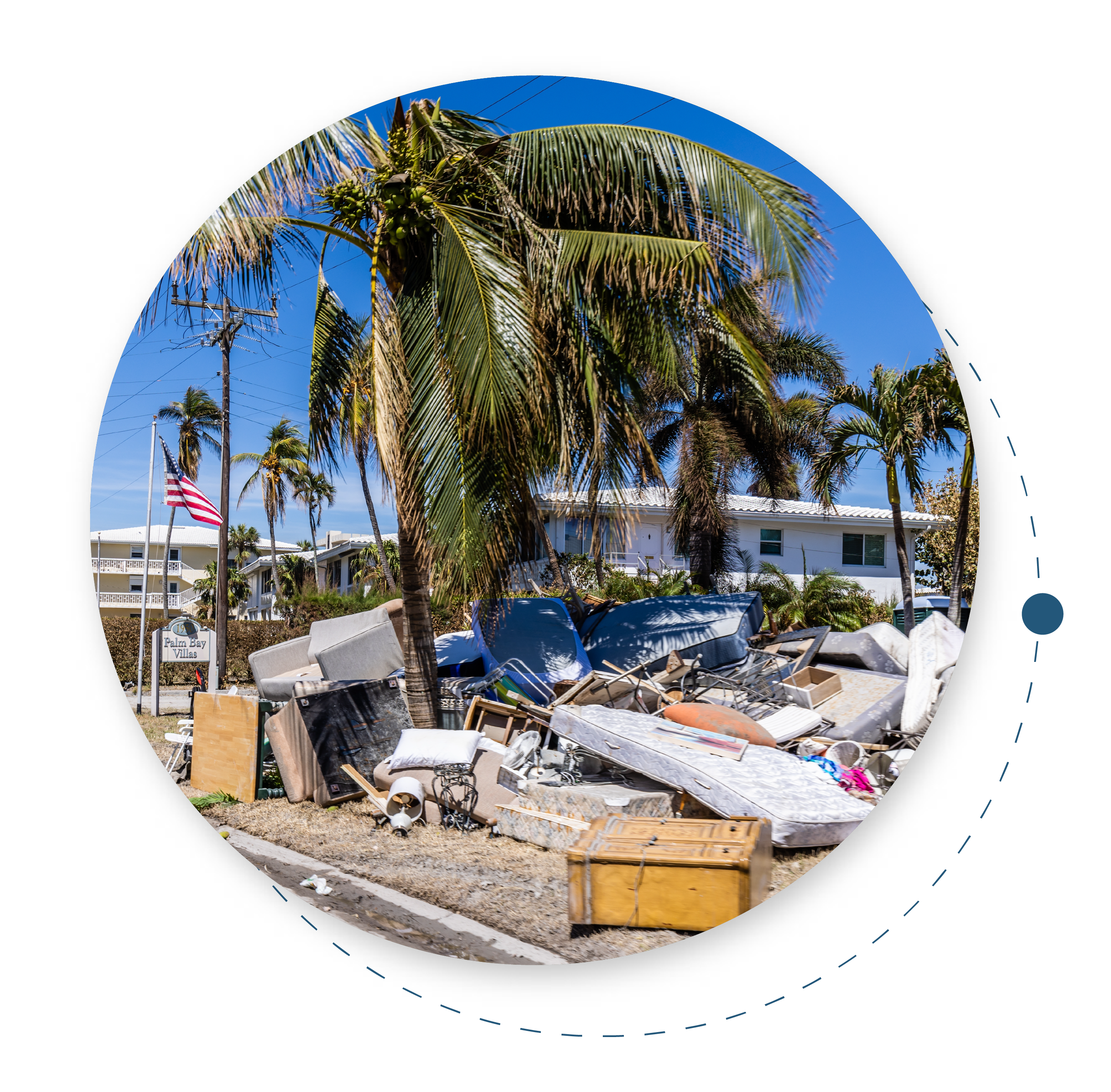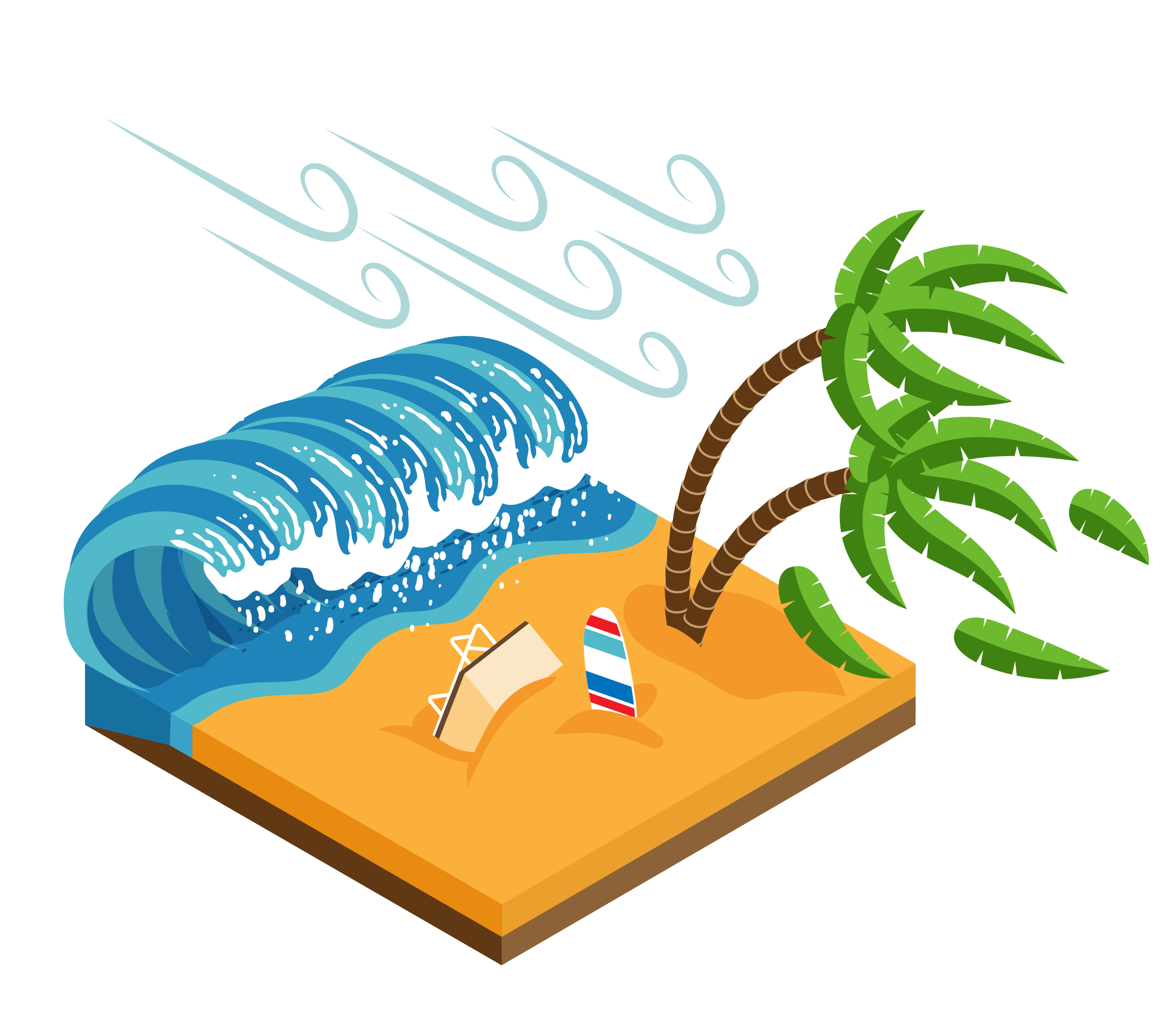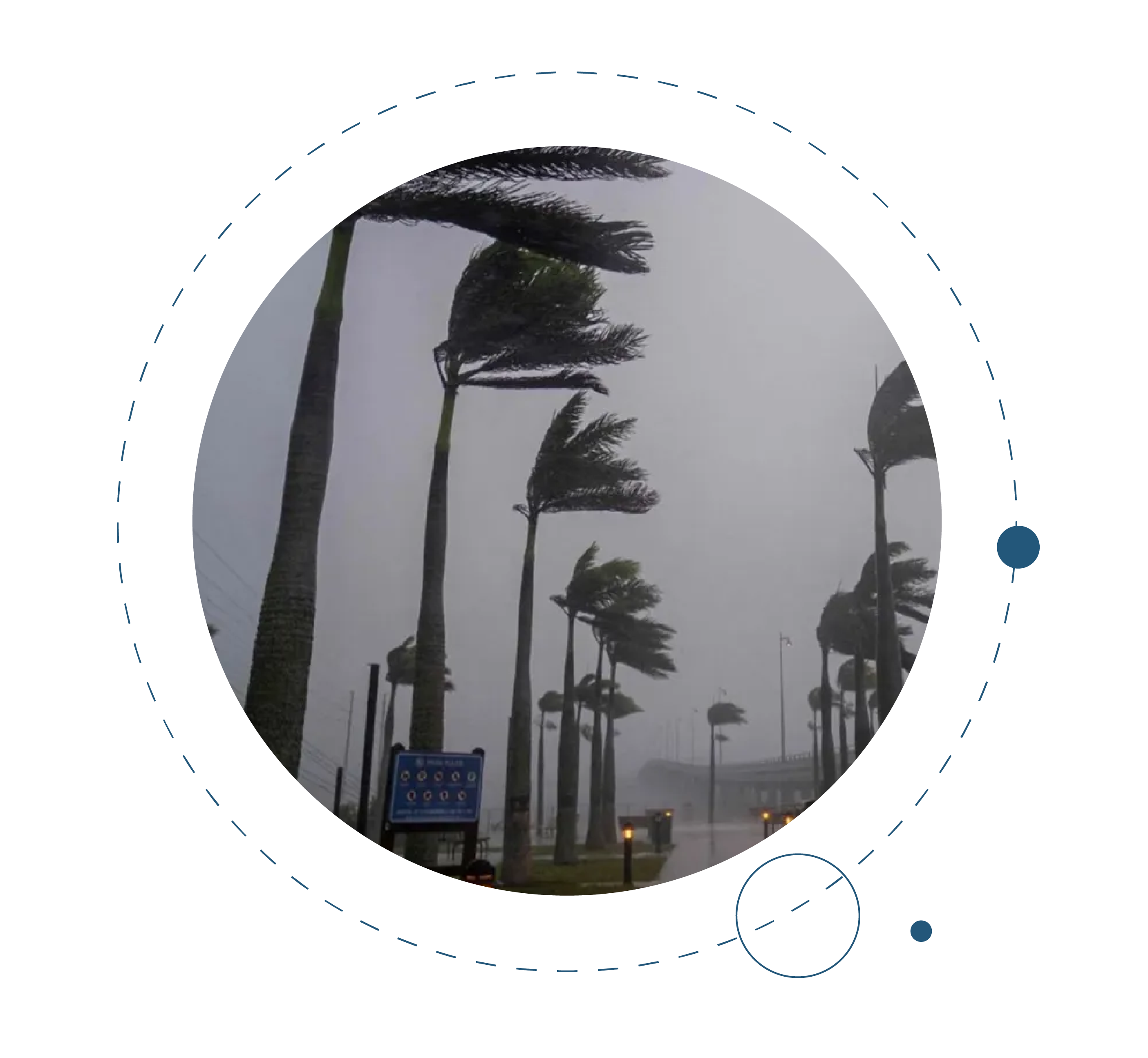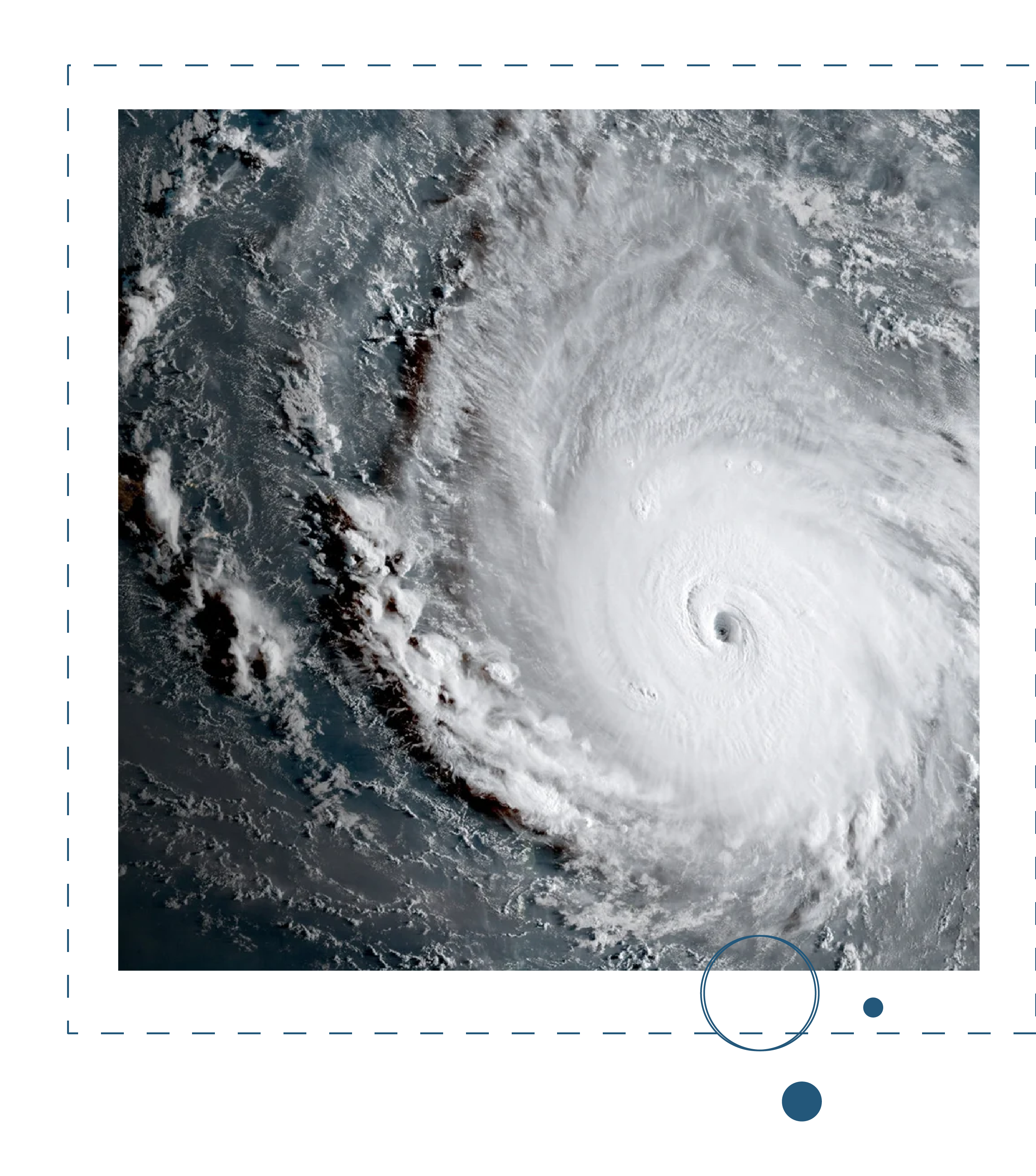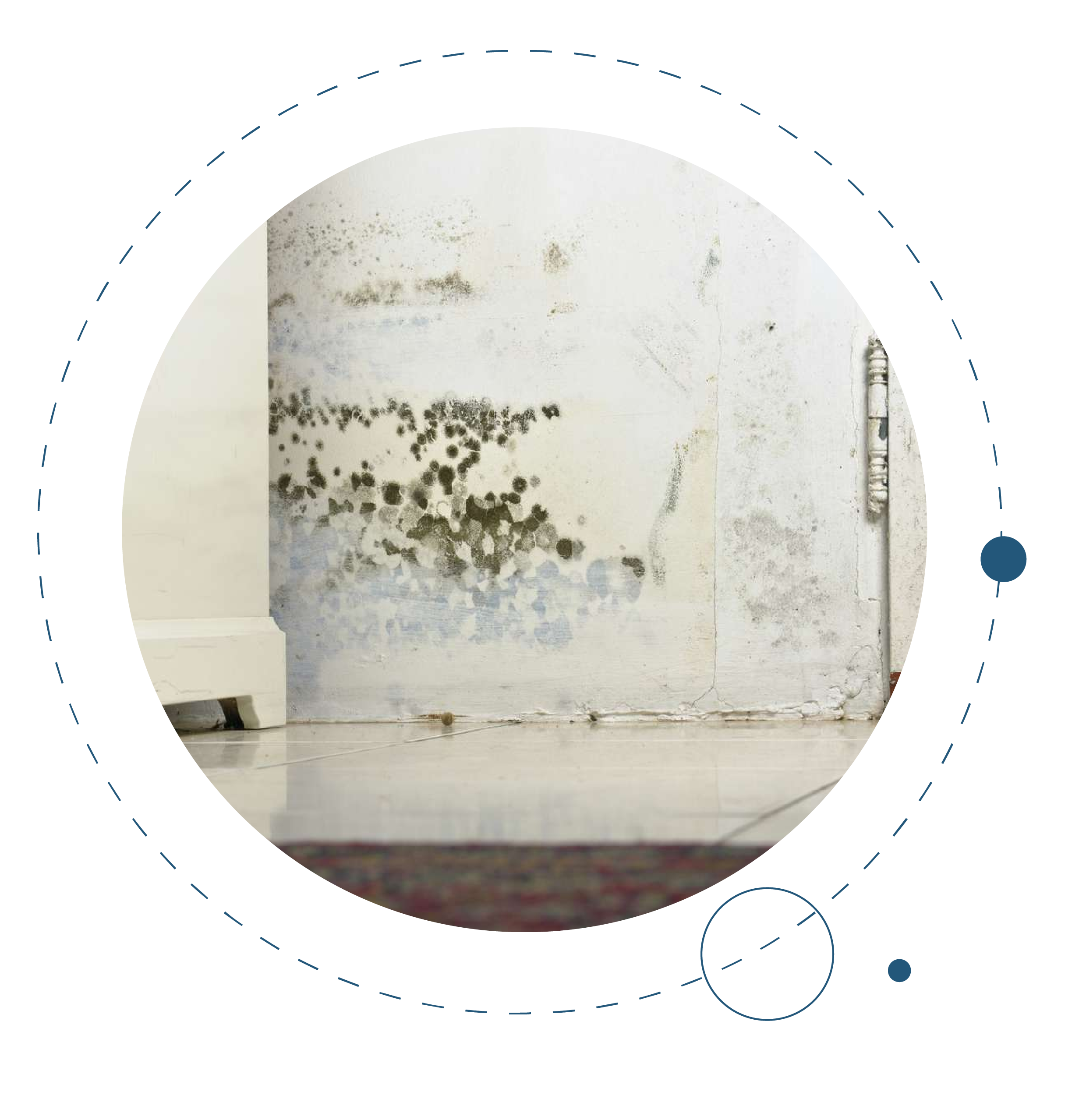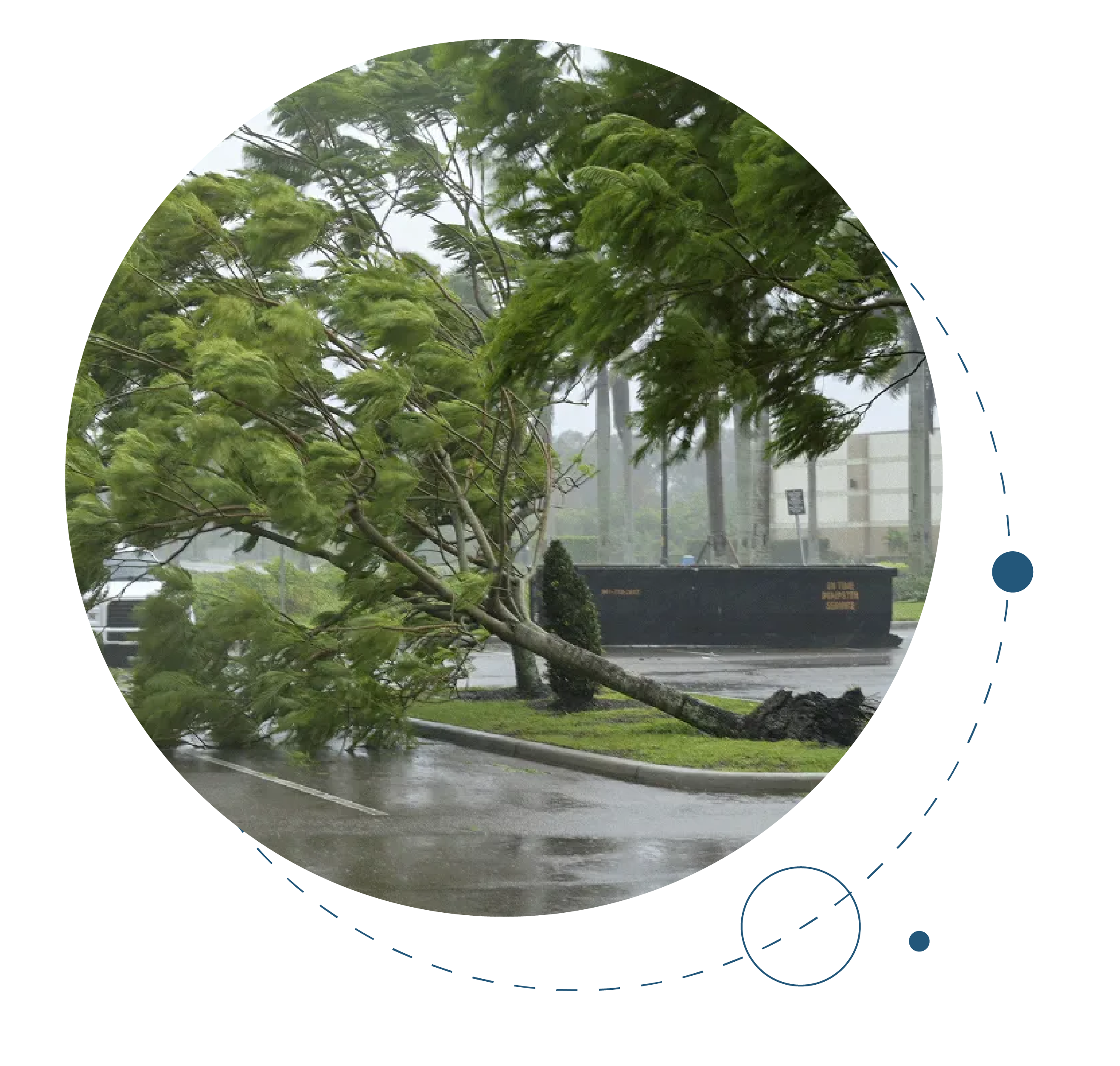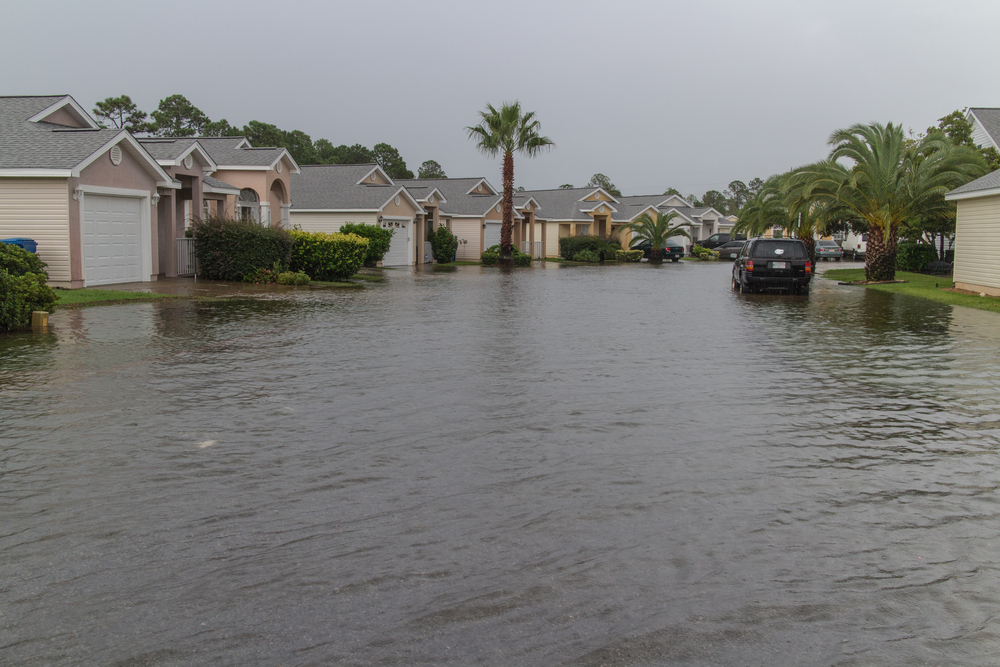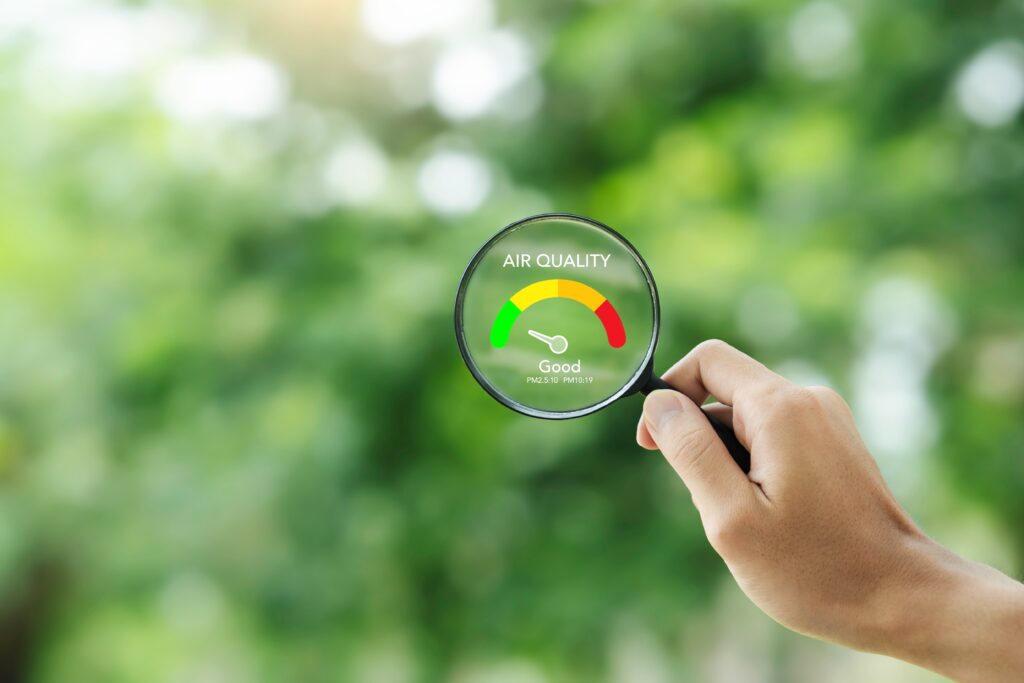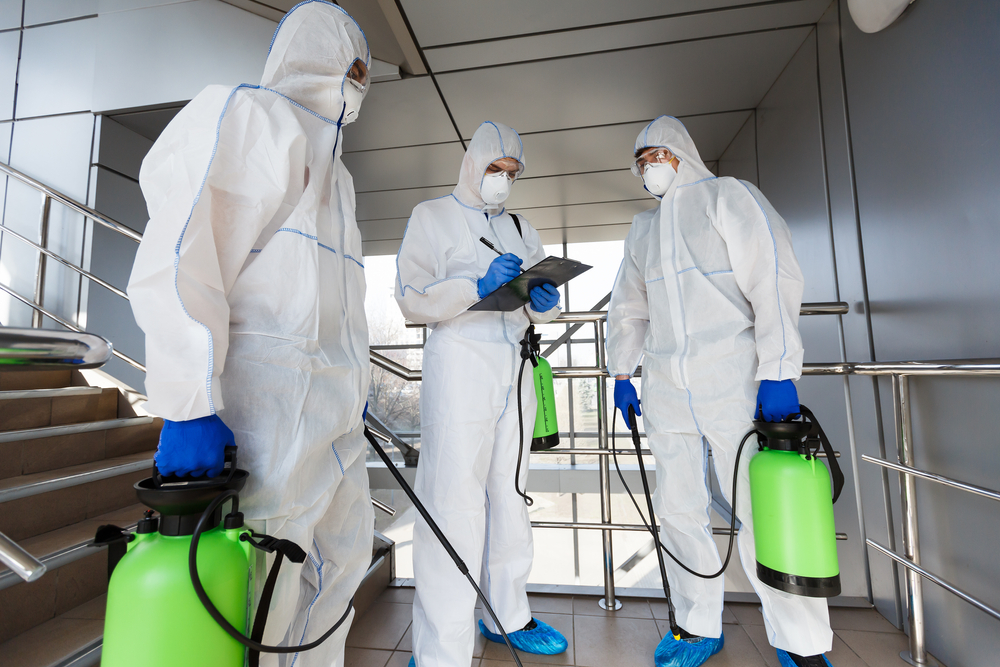Hurricane Season in Florida:
What to Expect
All about Hurricane Season in Florida
and how we are certified to help you!
What to expect: Florida’s hurricane season
Florida’s hurricane season can be unpredictable and potentially devastating, affecting residents and tourists alike. Whether you’re planning a vacation or a Floridian through and through, being informed and prepared is crucial. As a true “Sunshine State” business, we prepare a comprehensive and informative guide to understanding the dynamics of Florida’s hurricane season and what steps you should take to be ready.
What is Hurricane Season, and When Does it Occur?
In Florida, hurricane season runs from June 1st to November 30th every year. While hurricanes can technically occur outside of these dates, the six months are considered the most active and dangerous time. According to the National Oceanic and Atmospheric Administration (NOAA), August and September are exceptionally high risk.
How Hurricanes Are Categorized
Hurricanes are categorized using the Saffir-Simpson Hurricane Wind Scale, which rates them 1 to 5 based on their sustained wind speeds. Category 1 is the least severe, with winds from 74 to 95 mph, while Category 5 hurricanes have winds exceeding 157 mph. The higher the category, the more catastrophic the damage can be.
Potential Risks and Damages
- Storm Surge: A rising of the sea caused by a hurricane’s winds.
- Flooding: Widespread in low-lying areas.
- High Winds: Can cause structural damage and turn debris into projectiles.
- Tornadoes: Hurricanes can spawn tornadoes, adding another layer of danger.
Preparing for Hurricane Season: A Checklist
- Have an Emergency Plan: Know your evacuation routes and have a designated meeting place for your family.
- Stock Emergency Supplies: Water, non-perishable food, flashlights, and batteries.
- Secure Your Home: Install storm shutters or board up windows, secure loose outdoor items, and check your insurance.
- Stay Informed: Keep up-to-date with weather forecasts and warnings.
What to Do During a Hurricane
If you’re unable to evacuate, finding a safe room in your home or a community shelter is imperative. Keep your emergency kit closed and stay away from windows. Follow the instructions of local officials and stay tuned to local news for updates.
How Do Hurricanes Affect Mold Testing and Mold Growth?
The relationship between hurricane season and mold issues is rooted in the environmental conditions that hurricanes bring. The combination of excessive moisture, limited ventilation, potential structural damage, and power outages creates an ideal environment for mold growth.
- Mold Testing Concerns
Hurricanes bring a series of environmental challenges, including compromised air quality. Strong winds can stir up pollutants, dust, and allergens that could harm respiratory health. - Mold Growth Risks
Heavy rainfalls and flooding come with hurricanes, creating a fertile ground for mold to thrive. In the aftermath, increased humidity and water damage can escalate the risk of mold infestations in homes and businesses.
Mold Testing and Mold Prevention
Talk to an environmental testing Agency.
Post-Hurricane Safety Measures
After the hurricane has passed, wait for official confirmation before leaving your shelter. Check your property for damages and take photographs for insurance claims. Use caution when moving debris and avoid downed power lines.
After a storm, Mold can
become another disaster
We are here
to help you!
If you’re unable to evacuate, finding a safe room in your home or a community shelter is imperative. Keep your emergency kit closed and stay away from windows. Follow the instructions of local officials and stay tuned to local news for updates. Being informed and prepared can significantly reduce the risks of Florida’s hurricane season. Knowledge is the first step to safety, so ensure you’re well-equipped for whatever the season may bring.
It is crucial to address the potential causes of indoor air quality problems, especially after a big storm season. If left untreated, air quality issues can have a detrimental impact on our health. Infants, children, and the elderly are particularly susceptible to poor air quality. In Florida, mold is the number one cause of respiratory problems in children. We want to help you. Allow us to be your breath of fresh air. Get your air quality tested TODAY with ETA! Call for an appointment: mold testing and moisture assessment with a detailed report providing insurance documentation.
Remember that staying informed and having a well-thought-out plan can greatly increase your safety during hurricane season in Florida. Follow the advice of local authorities and take precautions to protect yourself, your family, and your property.
OUR PROCESS

DETECTION

TESTING

ASSESSMENT
HURRICANE FAQ
Hurricanes can lead to mold issues in your Central Florida home. Taking the necessary safety precautions is vital and make sure there aren’t any places where water could easily enter your property. Clear your rooms of any accumulated moisture by using dehumidifiers and opening the doors and windows.
Ensure that you’ve done everything to keep water from entering rooms and fix everything that has the potential to let water inside, including broken windowpanes and improperly closing doors and windows.
Our Inspection Process: Determining what the problem is, how to fix it, and prevent it in the future is the basis of our 3-step inspection process.
Yes, hurricane damage can and often does cause mold growth within your property. As hurricane winds can cause openings in your roof, windows, and other weak spots, it is easy for water to get into your home and cause mold to grow in as little as 24 hours.
The time length of water damage restoration depends heavily on the amount of damage within your home. Demolition, remediation, drying, vent cleaning, repairs, and complete restoration can take up to several weeks to complete.
If you have water damage in your home after a hurricane, a water damage restoration company like CLEAR Restoration will start the cleaning process by making sure no additional water is getting into your home and will patch up any openings. From there, CLEAR Restoration will start the drying process using water extraction machinery to ensure your home is dry and safe.
Hurricane damage comes in all different proportions. From roof damage to flooding, a hurricane can affect every part of your home, even the inside. A full inspection of your home after a hurricane blows through is probably the best and safest way to locate any and all damage.
Remove wet sheetrock, carpeƟ ng, furnishings and other building materials to prevent mold growth. and reduce dust by weƫ ng down fl ood and mold-damaged materials before removal anddisposal.
More About Hurricane Season
Contact Us
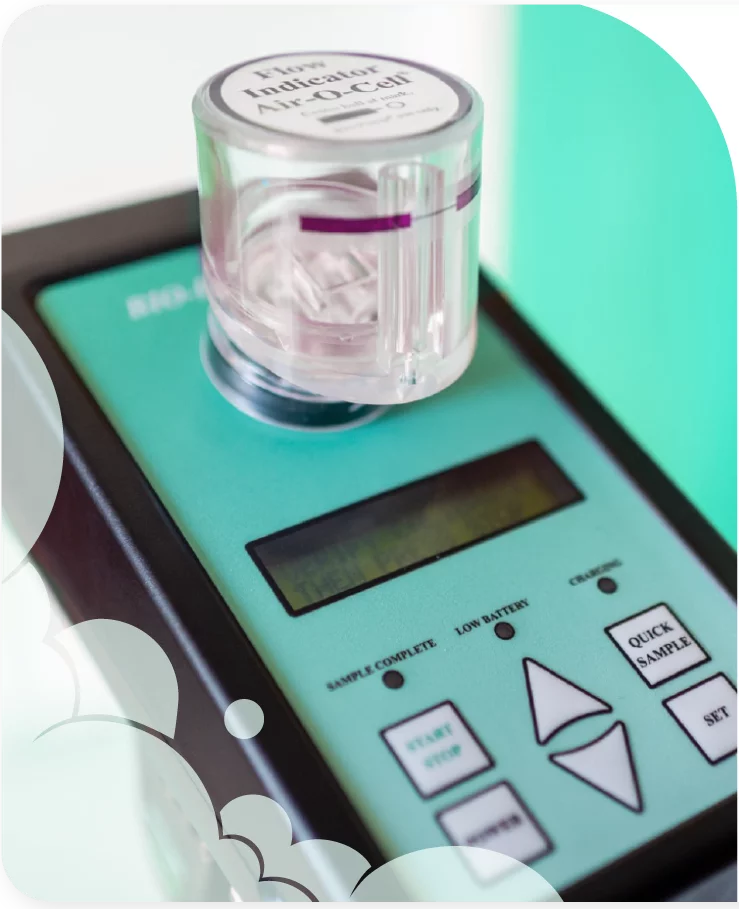
Request
A Free Estimate


